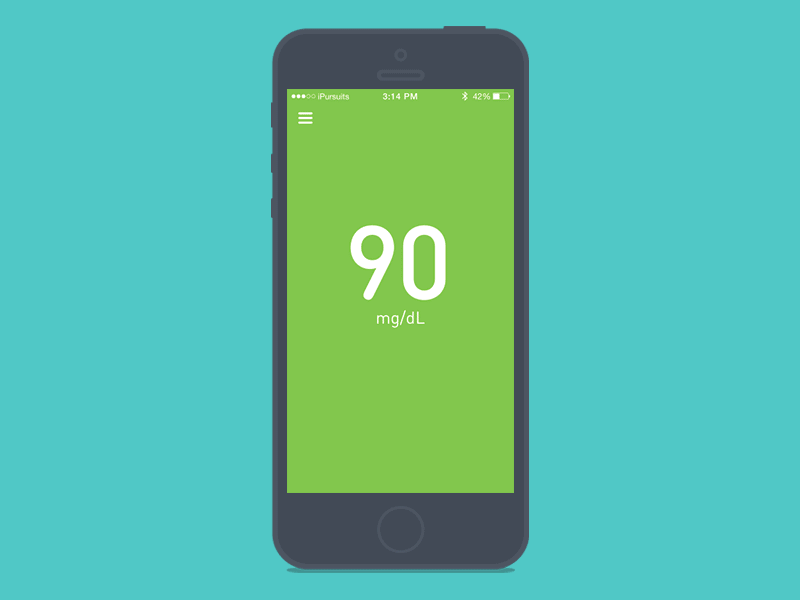The Importance of Balancing Blood Sugar
If you’ve been my patient for awhile, you have probably heard me harp on about the importance of keeping your blood sugar in-check in order to foster a healing.
However, I’m here to remind you again about the importance of blood sugar because it is just THAT important.
As soon as your blood sugar is destabilized, the body turns off its healing mechanisms and spends its energy bringing your body back to homeostasis.
This can take hours depending on how severely your blood sugar was spiked.
This will hopefully make you think twice next time you have a doughnut craving on Sunday morning.
First of all, it is important to note that sugar acts as a major stressor on the body and when it comes to balancing the mineral matrix, sugar will majorly sabotage a healing protocol.
This is because once the body goes into a stress response from consuming sugar (especially refined sugar devoid of nutrition), it will chelate minerals to correct this imbalance.
Essentially, sugar can flush out the very minerals that you are spending your hard earned money trying to put into balance through nutritional therapy and detoxification protocols.
It is also important to note that when your stress response is turned on from something like blood sugar imbalance, this means that your digestive response is turned OFF.
Your body needs to be in parasympathetic (rest and digest) mode in order to properly break down food and assimilate the minerals and nutrients in those foods.
This cannot happen properly when you’re on a blood sugar roller coaster every day of the week.
So how do you know if your blood sugar is balanced?
If you experience any of the following symptoms, chances are something is off:
Insomnia or waking up frequently during the night
Coffee and sugar cravings in the afternoon (AKA that mid-day crash)
Afternoon fatigue
Brain fog
Fatigue that is relieved by eating
Headache if meals are skipped or delayed
Irritable or shaky before meals or if meals are skipped
Frequent thirst and urination
Imbalanced calcium / magnesium ratio on an HTMA (we call this the blood sugar ratio)
One of the best things you can do to ensure that your blood sugar is balanced is to purchase a blood sugar monitor.
You can easily get one and some insurance companies will even cover the costs.
This can give you an objective look at if your diet is or isn’t working for you.
Healthy blood sugar is between 80-100, ideally at 85-86.
Test your blood sugar upon waking and 90 minutes after eating (or 30 minutes after drinking juice).
If that number isn’t between 80-100, you know you have some work to do in order to balance blood sugar.
You may have to lower your sugar or carbohydrate intake accordingly, and always remember to eat protein, fats, and carbs together to ensure there won’t be a blood sugar spike.
If your blood sugar is consistently above 100, please fill out our health form and let us show you ways to balance your blood sugar, your mineral levels, and help you feel healthy everyday.


